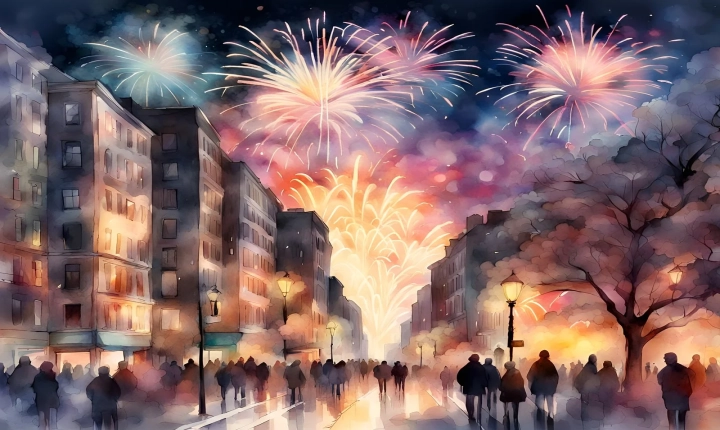How AI is Revolutionizing Music Generation
Music generation has always been a complex and nuanced creative process, requiring a deep understanding of music theory, composition, and creativity. However, recent advancements in artificial intelligence (AI) have opened up new possibilities for automated music generation, leading to a revolution in the music industry.
AI music generation utilizes algorithms and machine learning to create original compositions, imitate existing musical styles, and even collaborate with human musicians. This technology has the potential to democratize music creation, inspiring both established artists and emerging talent to explore new sonic landscapes and push the boundaries of creativity.
One of the most powerful aspects of AI music generation is its ability to analyze vast amounts of musical data and extract patterns and structures that constitute different musical genres. For example, AI can learn from a vast library of classical music to generate new compositions that resemble the works of renowned composers like Bach or Beethoven. Similarly, AI can analyze popular music from different eras and create new tracks in the style of these genres, from jazz to hip-hop to electronic dance music.
Furthermore, AI can assist musicians in the creative process by providing endless sources of inspiration. By analyzing an artist’s existing work or preferred style, AI can generate new melodies, chord progressions, and rhythms that align with the artist’s musical identity. This collaborative approach can offer new perspectives and fuel creativity, pushing artists to explore uncharted musical territory.
Moreover, AI music generation has the potential to transform the way we experience live performances and events. With the ability to analyze crowd data in real-time, AI could generate personalized soundscapes that adapt to the audience’s energy and mood, creating unique and immersive sonic experiences. This technology could also bridge the gap between visual and auditory art forms, allowing AI to create soundtracks that synchronize seamlessly with live visual performances.
However, as AI music generation continues to evolve, it also raises important questions about the nature of creativity and authorship. While AI tools can autonomously generate compositions, the role of human input and curation remains crucial in shaping the final artistic output. Artists and composers must navigate ethical considerations and establish transparent guidelines for crediting and acknowledging the collaborative contributions of AI.
In conclusion, the rise of AI music generation marks an exciting new chapter in the evolution of music creation. By harnessing the power of algorithms and machine learning, artists and musicians can expand their creative horizons, tap into new sources of inspiration, and redefine the boundaries of musical expression. As the technology continues to mature, it will undoubtedly shape the future of music, offering new opportunities for innovation and collaboration in the ever-evolving landscape of sound.
